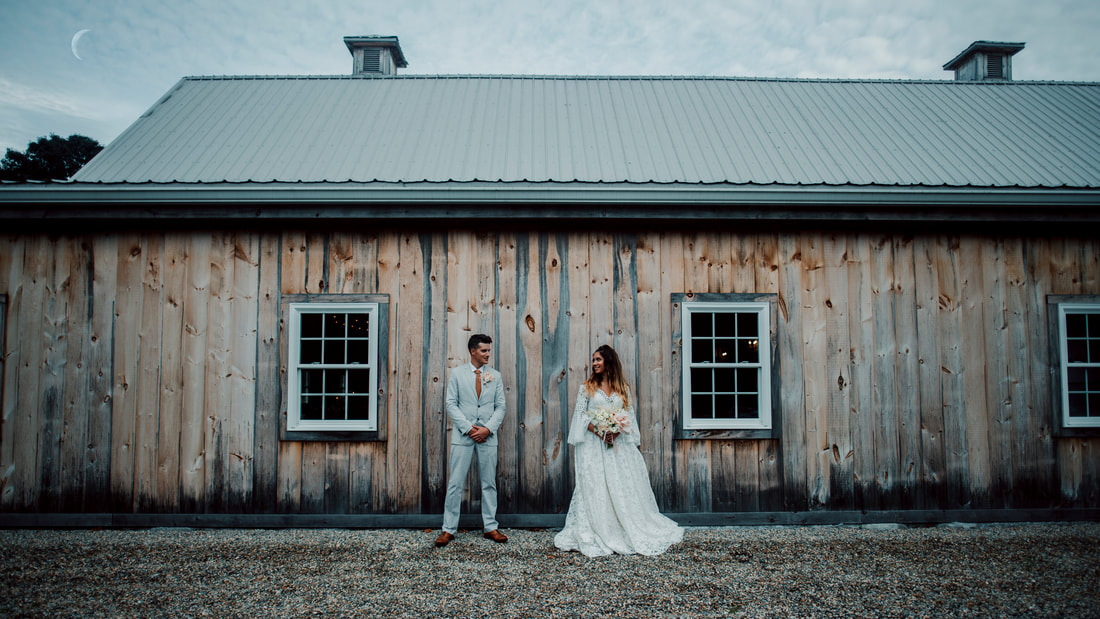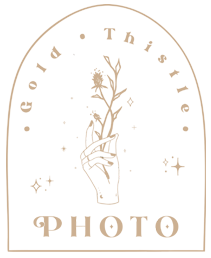|
New year, new blog page! For those who have been around for a bit, you'll know that I've been writing blogs for a while, and I mean a long while, even back to my college days in art school. Recently I came to the realization that I felt my blog page had become, well, clunky; between miscellaneous posts about my old illustration projects and even my own growth and changing opinions as a photographer, I just felt there were too many cluttered topics and thoughts going on at once. And so, I threw the whole page away to start over! I'll be writing about new topics, as well as revisiting old ones to discuss them in a way that I feel is a little more reflective of who I've become over the last 19 months in this journey. (Has it really only been a year and a half? Starting your photography career during a pandemic really distorts all meaning of time.) So to start, I want to go back to the topic that first inspired me to want to help my clients understand what goes on behind the scenes of not only photography, but many vendors and small businesses in general: The Retainer/Booking Fee. What does it mean, why is it necessary, and why it's not scary at all! If you've ever worked with a professional photographer before, or maybe with the baker who designed your wedding cake, or even a carpenter you hired to redo your front deck, you likely have paid some form of a retainer fee. It's easy to think of this payment simply as a deposit, and in a way it is, but it's also quite different and more than that. On one hand, a deposit is simply defined as a first installment or payment that is going towards a final product. However, and I say this in the hope that this blog can be helpful to both clients and beginner vendors alike, the problem with thinking of it as – and referring to it as – a deposit, means that legally-speaking it is refundable. If the client does not ever receive an end product, a deposit cannot be rightfully kept by the vendor, as nothing was ever received for the money. Now if you're a vendor that already sacrificed some time and money on this incomplete project only for it to be cancelled, this sounds a little unfair, right? Which is why using the terms retainer fee/booking fee/retainer payment (and probably even more names for it that I don't I know of) is verbiage that's considered a deposit, and then some. Not only is this payment a part of the total price, it's also acting as a safety net; in its simplest terms, it's insurance. It is retaining and paying for the vendor's time, effort, and finances that are going into the project, before the product is even delivered. Now as a consumer you might be reasonably thinking, hey, that seems like it's really only beneficial to the photographer, is there anything in it for me? Before I get into answering that, I want to dig a little deeper into why collecting this retainer fee upfront is so very important for vendors, and why we actually couldn't do our jobs without it! Let's imagine for a minute that I didn't take a retainer fee upfront, and instead all payment was taken afterward once the photos were delivered. Someone reaches out to me online and wants to book an engagement session with me, and so we plan out a date and time that we'll schedule to meet. In the meantime leading up to the day of their session, I have someone else reach out to me looking to propose to his girlfriend, inquiring about the same date. I ask if there's a different date we could choose because I've already been booked, but unfortunately that date is very important to the proposal, so he moves on to find a different photographer. Now the date comes where I'm scheduled to go meet up with my engagement clients. I get showered and dressed, and fill up my gas tank to go drive an hour away to the pretty lake that they've picked out as their location. When I get there I notice that they haven't arrived yet, so I text them to know where I'm parked and I wait. Ten minutes go by, fifteen minutes go by, twenty, and I still don't see any sign of them and haven't received any texts. I try calling – it goes straight to voicemail. After waiting for 40 minutes, I have no real option except to drive home, as it's nearing sundown and there wouldn't be enough light left for photos anyway. When I get home I do try to send a few more messages and emails to see if something happened, but I never hear back from them. About a month later, I look up her Facebook out of curiosity and notice her profile image has changed to an engagement photo – by a different professional photographer. Just to clarify, this entire scenario was not something that actually happened to me, but it very easily could happen if I didn't collect a retainer fee. There was nothing in place to stop this client from ghosting me and going with another photographer without telling me. Unlike with a salaried job at a place of employment, there are no labor laws protecting me from my client and guaranteeing pay for my time. Despite driving a total of 2 hours, waiting for 40 minutes, wasting that gas, and foregoing any plans for that day, there is no government department I can call to report these lost wages. If anything, this situation caused me to lose money, because I even had to turn away another client who wanted to hire me for that date as well. Now at this point, I'm sure it's fairly obvious why a retainer fee is imperative to a vendor's business, but does it give any benefits to the client as well? In my opinion, it definitely does. When I see a business that's requiring some form of agreement and booking fee in order to start a job, that says to me that they're professional, organized, and competent. If they weren't asking for these things, I would be a little concerned that they might not entirely know their way around their own business just yet. This could also give the vendor the opportunity to flake out on you. If there's no agreement and retainer fee that's holding you accountable to them, there's also not much holding them accountable to you either. This could result in poor communication, no shows, slow progress, or even possible ghosting. While a business certainly wouldn't last long with behavior like that anyway, the retainer agreement and exchange of an upfront payment at least can symbolize some faith that this vendor is professional, and is going to do exactly what they've promised to do in the agreement, so that they can get paid, and also achieve your project together! So remember when I said a deposit can be taken away if no product was ever received by the client? With the use of an agreement, a retainer fee is also paying for the vendor's time, dedication and other sacrifices leading up to creating the final product, not just the product itself. So for any beginner photographers or other commission-based freelancers reading this, make sure you get this verbiage right and use those contracts! Booking fees are the job insurance that we don't have, and without it, photographers couldn't even exist. I know that sounds funny and a bit dramatic, but with no job benefits or labor laws protecting the self-employed, we actually need to make our own! Things like this are what give us the security to do what we do, so that we can safely put time and effort into growing our business and giving our clients our full attention and dedication, while also protecting our income and ensuring the benefits that would normally come with a standard job. A retainer fee is what retains our ability to stay in business and continue growing better and better, for the benefit of ourselves, and our clients! Morgan Ofsharick of MEO Photography specializes in family portraits, engagement, wedding, maternity, newborn, senior, and headshot portrait photography, servicing New Haven, Fairfield, Hartford, Middlesex, Litchfield, and plenty of other regions all around Connecticut!
0 Comments
Leave a Reply. |
Morgan OfsharickThoughts, tips, and just myself growing and learning throughout this little career of mine. Archives
March 2023
Topics
All
|
|
Lifestyle Portrait Photographer | Coventry, Connecticut
[email protected] | @gold.thistle.photo © Copyright Gold Thistle Photo 2024 |
|





 RSS Feed
RSS Feed
